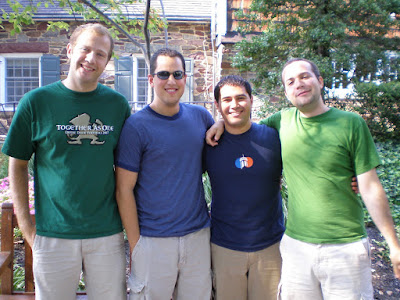Luther’s Early Theological Studies and Career
NB: Martin Luther joined the Erfurt Augustinians in the summer of 1505. Heiko A. Oberman, Luther: Man Between God and the Devil (Doubleday, 1989) 138-140. Since the summer semester of 1507 [Luther] had been devoting himself to the study of theology under the guidance of Johannes Nathin, the senior Brother, who held the Augustinian chair of theology at the University of Erfurt. Despite intensive research, nothing of significance has as yet been discovered about this theologian who must have been a real influence on Luther in Erfurt. Have all his writings disappeared, or did he really never publish anything? All we know is that he received his master’s degree in Erfurt thirty years before Luther was enrolled there and that he spent four to five years in Tübingen as a younger colleague of Gabriel Biel, holding survey lectures on the whole range of theological fields. Luther thoroughly prepared himself for his first mass with the help of Biel’s comprehensive exposition of the canon of ...
